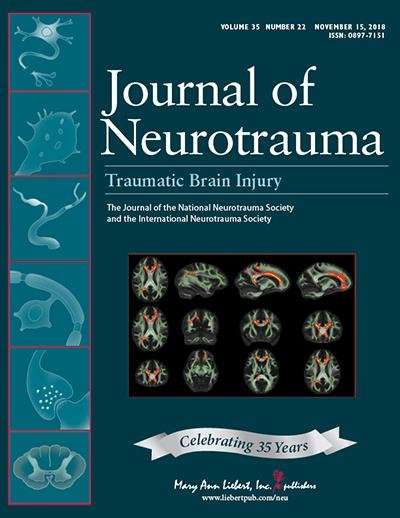What can a tau mouse model reveal about the effects of repetitive brain injury?

Researchers have developed a mouse model expressing the human tau protein and subjected it to repeated injury-producing impacts and rotational acceleration to be able to study the effects on social behavior, anxiety, spatial learning and memory, and depressive behavior. These deficits could be assessed in the same animals at acute (immediately after), intermediate (three months later), and chronic (one year later) time points, as reported in the study published in Journal of Neurotrauma.
David Brody, Washington University School of Medicine (St. Louis, MO) and colleagues from Washington University School of Medicine and University of Queensland (St. Lucia, Queensland) coauthored the article entitled "Repetitive Concussive and Subconcussive Injury in a Human Tau Mouse Model Results in Chronic Cognitive Dysfunction and Disruption of White Matter Tracts, But Not Tau Pathology." The researchers found that repetitive concussive injuries resulted in acute cognitive and motor dysfunction that persisted for one year after the injury or longer. They also associated repetitive concussive injuries with chronic disruptions in white matter in several regions of the brain.
"This well-done study, when joined with the equally rigorous work of Crawford and colleagues (J Neurotrauma 2018:35), forces a rethinking of the role of tau pathology in the neuropathological events associated with singular as well as repetitive brain injury," says John Povlishock, Ph.D., Editor-in-Chief of Journal of Neurotrauma. "They now provide compelling evidence that chronic white matter damage and its associated neuroinflammation and axonal injury may be the most significant players in the observed neuropathological response to injury."
More information: Mihika Gangolli et al, Repetitive Concussive and Subconcussive Injury in a Human Tau Mouse Model Results in Chronic Cognitive Dysfunction and Disruption of White Matter Tracts, But Not Tau Pathology, Journal of Neurotrauma (2018). DOI: 10.1089/neu.2018.5700

















